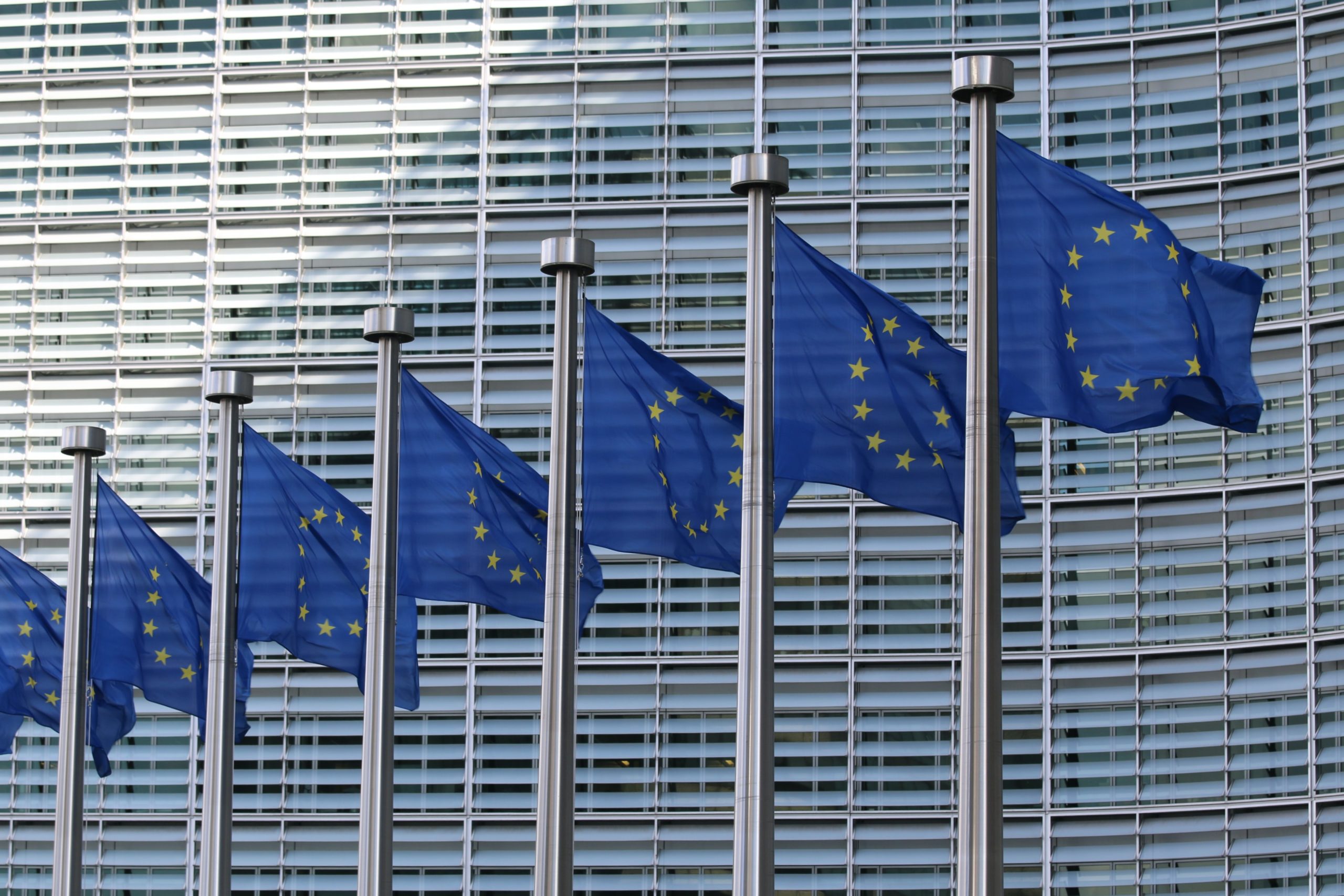The grave human rights situation in the Philippines remains a factor of concern for the European Union’s (EU) decision to maintain or withdraw its trade privileges under the Generalised Scheme of Preferences Plus (GSP+) with the island nation. This is what officials from the Department of Trade and Industry (DTI) told senators during a Senate committee hearing on trade and industry on August 22, 2022.
In February 2022, EU parliamentarians had admonished the Philippine government in its fifth EU urgency resolution under the former Duterte administration regarding serious human rights violations. In particular, the EU pointed out the lack of accountability for the numerous extrajudicial killings in the so-called “war on drugs.”
Under the GSP+, about 7,000 trade items at stake or 26 percent of Philippine exports are granted duty-free entry into the EU; this international trade is worth two billion euros. The condition is the fulfilment of 27 international conventions. The withdrawal of GSP+ privileges could easily happen, according to Undersecretary for Trade Ceferino Rodolfo, if the Philippines fails to meet certain requirements at a “political level.”
An EU monitoring delegation to the Philippines had already alerted the government earlier this year that there were problematic concerns about the human rights situation in the country. The current GSP+ cycle ends in 2023. The Philippines needs to submit a new application until January 2024. In addition, the GSP+ is currently being reformed by the EU, which could make a new application from the Philippines more difficult.
GSP+ should give developing countries a special incentive to work towards the protection of human rights, sustainable development, and good governance. In October 2022, a Philippine delegation will be sent to Brussels to meet with their EU counterparts.

